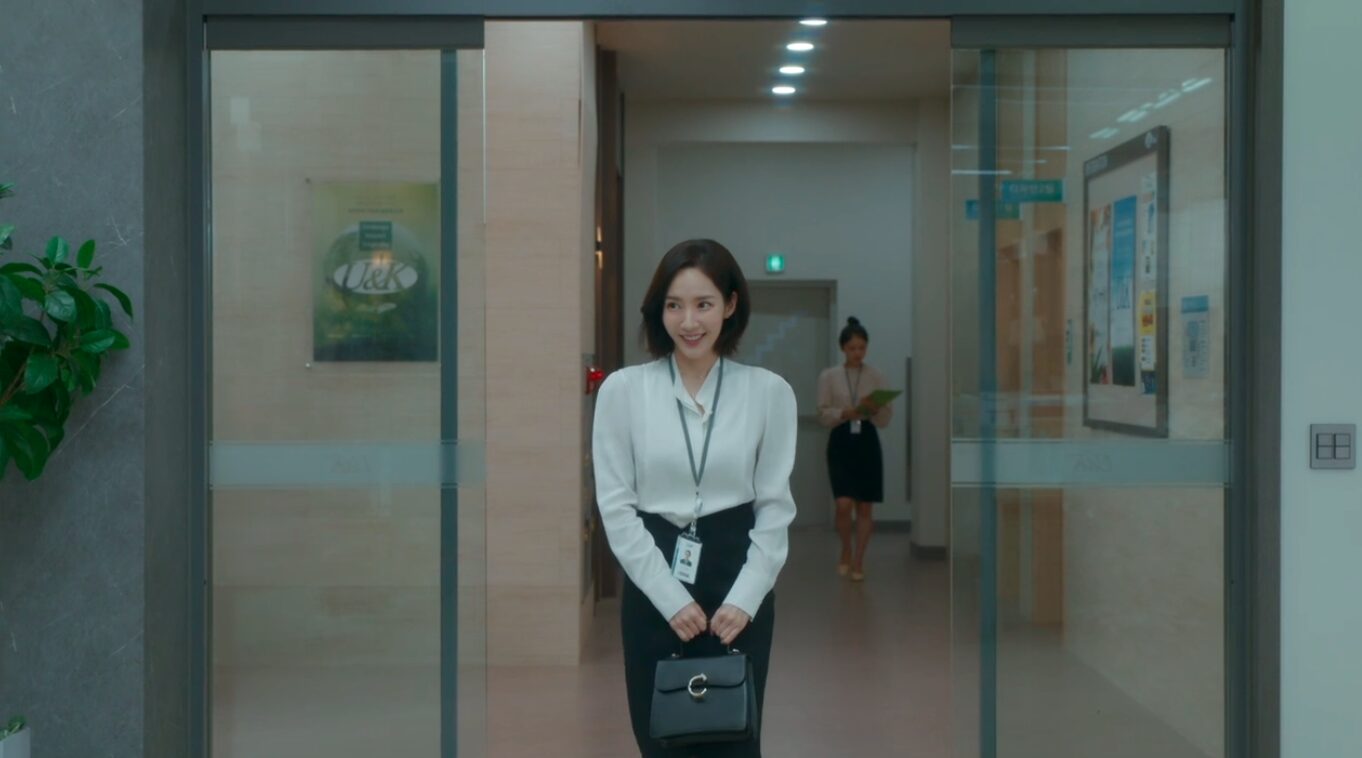Earlier in the year I was watching Shut Up Flower Boy Band. In the middle of an argument between the male lead and the second male lead about the female lead’s living arrangements, I realised their argument would still work if they substituted the word ‘Pot Plant’ for her name.
“Why is my Pot Plant at your house? Bring my Pot Plant back.”
“The Pot Plant is fine at my house. It’s not your Pot Plant anyway.”
You get my drift.
I finally had a word for what, for me, is a common problem with kdramas generally: their tendency to treat female leads as pretty, happy objects to be fought over, manipulated, attained, stolen, and generally moved around without any sense of agency.
It’s not that Korean dramas aren’t exceptionally good at characterisation – they are. They also have lots of female characters, frequently pass the Bechdel test, and have women in their 40s and 50s played by actors in the appropriate age range. Of course, these are almost always somebody’s mother but, as far as representation goes, kdramas are pretty good.
But that doesn’t mean they don’t have a Pot Plant problem.
At its core, a Candy is supposed to represent an ordinary woman caught up in a situation outside of her control. But it is precisely her attributes of beauty, martyrdom, familial piety and poverty that deprive her of agency. A Candy is supposed to endure with sparkling, smiling resilience, until she is rescued. So unless she shows some genuine self-determination, her story can easily become a Princess Myth – someone beautiful, virtuous and mistreated waiting for Prince Charming to rescue her.
But this is not a diatribe about the prevalence of Pot Plants in Korean television. In fact, despite the Candy still being the go-to female lead in many dramas – and despite recent shows like Memories of Alhambra and Clean With Passion encouraging us to think otherwise – this has been quite a good year for women who are not Pot Plants.
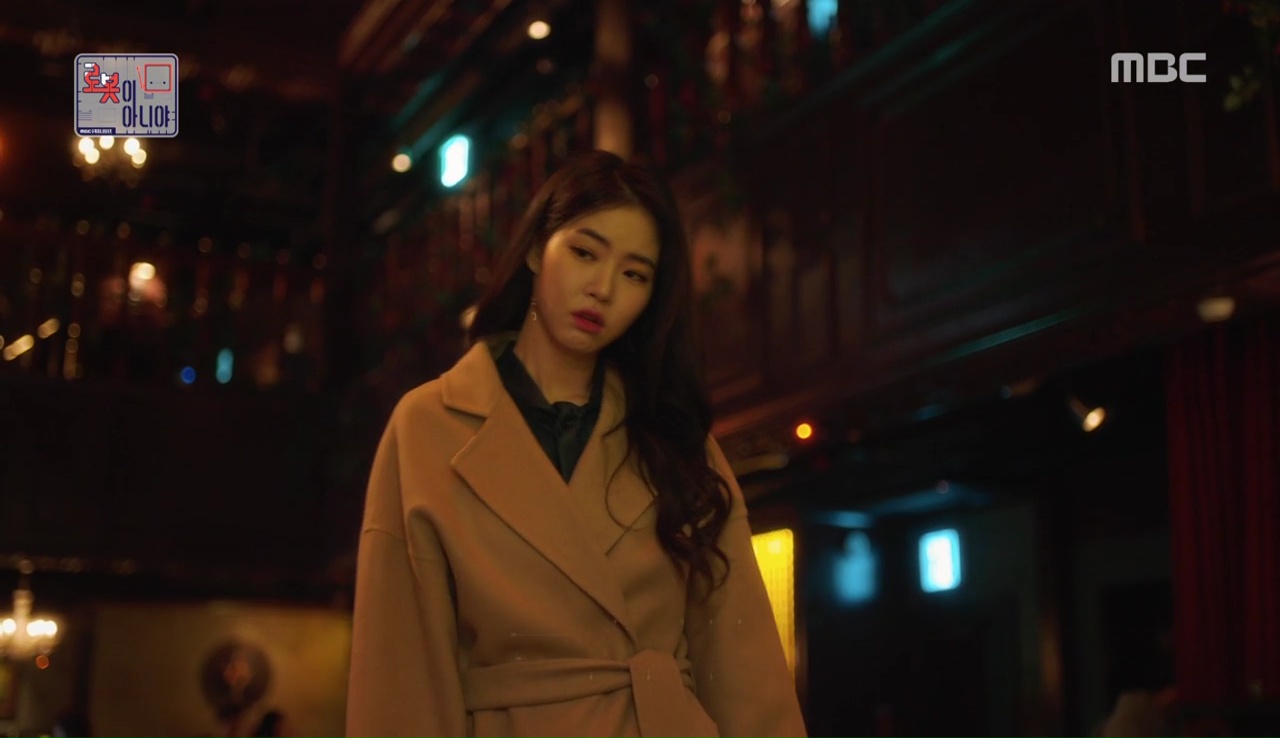
I’m Not a Robot
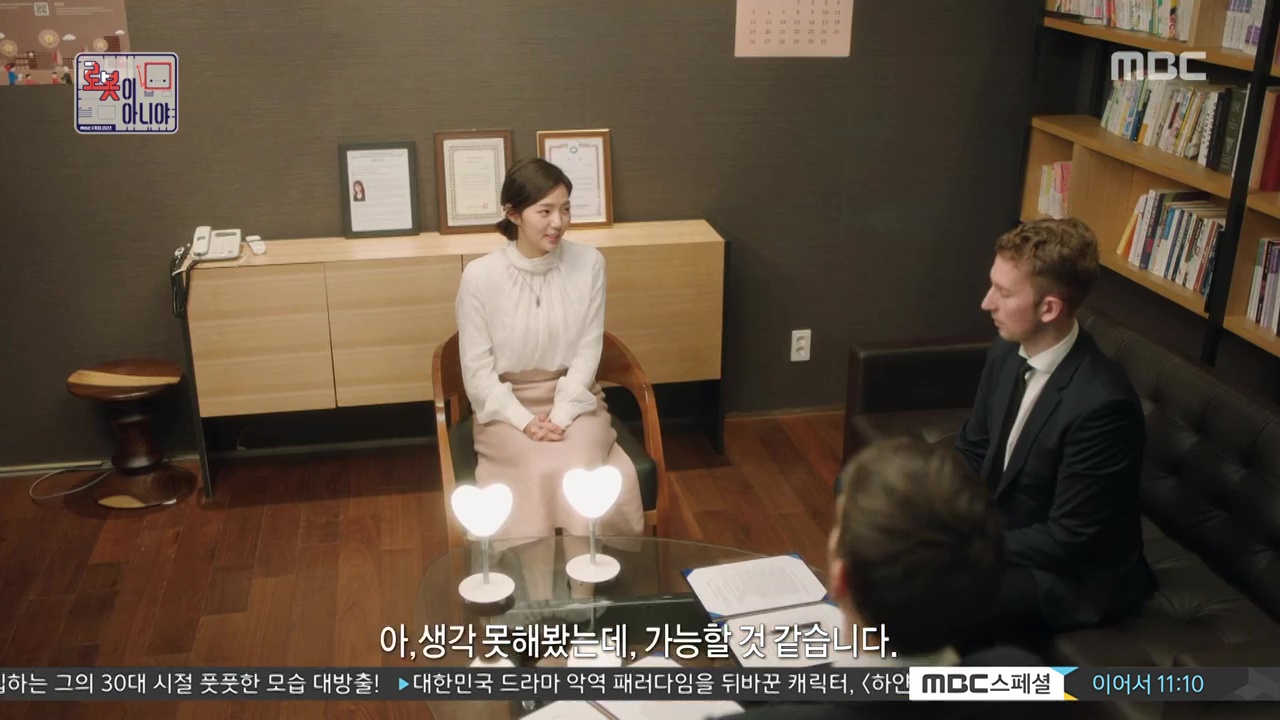
I’m Not a Robot
I’m Not a Robot
As we leave 2018, so many words have been written across so many forums on why this show’s portrayal of female characters was almost iconoclastic. They were varied, they were three-dimensional, they were treated respectfully and most importantly they all had agency.
I’m Not a Robot took characters who are usually one-dimensional stereotypes, tore those stereotypes into strips and fed them to a Roomba. From Pi – struggling to be seen as a woman while also being respected as a scientist – to Ri-El – railing against being treated as a commodity by her family and the company – and finally to Jo Jia-ah herself. While the IQ of the female lead usually drops 50 points once she’s the love interest, I’m Not a Robot never felt that Jo Ji-ah had to be in a subordinate position to Kim Min-kyu just because they fell in love. A creative and intelligent inventor with the drive to make it on her own, the drama ended with her sourcing her own seed financing – despite dating a wealthy man whose company made exactly those kinds of investments. Jo Ji-ah truly was an independent Warrior Queen from beginning to end.
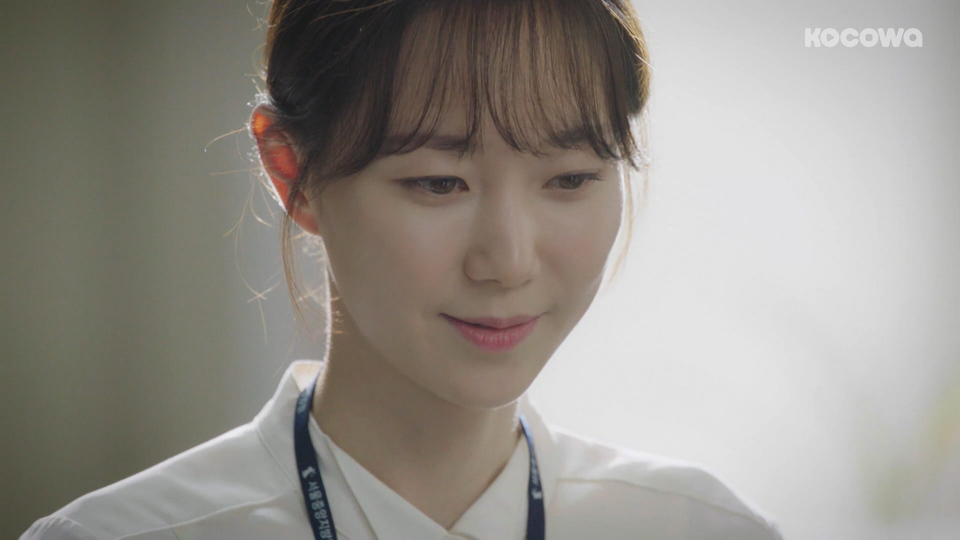
Your Honor
Your Honor
Don’t let the title or the show’s description fool you. You may think that Yoon Shi-yoon’s character Han Kang-ho is the main character of this twin-swapping drama, where a criminal replaces his brother as a judge. But you would be wrong.
It’s so common for kdramas to preference men’s stories over women – even when they’re supposed to be the main character – that it came as a delightful surprise when Lee Yoo-young’s Song So-eun turned out to be the real protagonist in this show about the true meaning of ‘justice’.
Song So-eun’s struggle with sexual harassment and the miscarriage of justice that was her sister’s rape case was the story this writer was secretly telling. The twin-swapping shenanigans were simply the hook to get people to watch what was, at its core, a brutal and compelling story about finding justice in a system stacked against women. #metoo finally made it to Korea and it was pretty powerful stuff.
Any of Song So-eun’s inability to take action in this show came from true systemic powerlessness and paralysis rather than acquiescence of the status quo – they sold that she wanted to fight back but was genuinely deprived of doing so.
The cut from 20 episodes to 16 unfortunately gutted this drama and turned it into one of this year’s biggest disappointments. But, for a while, it was a gripping tale about a very real, very strong and very smart woman trying her best and, ultimately, winning.

Greasy Melo
Greasy Melo
All my attempts to write about this messy, surreal show are always stymied by it becoming somehow less than the sum of its parts. At its best, this was a kind of anti-melodrama gleefully mixed up melo and Makjang elements to make a dish that was as delicious as it was completely new. At its worst, it was a giant mess. And at the end, it was a shadow of itself.
One thing Greasy Melo did really well was develop a female lead that seemed like a cheerful pot plant but was categorically not. Jung Ryeo-won’s bankrupt heiress, Dan Sae-woo, was beautiful, cheerful, optimistic and resilient. In that respect, she had all the makings of a Pot Plant. But that exterior hid a core of quiet steel, something that fed into her choice of love interest.
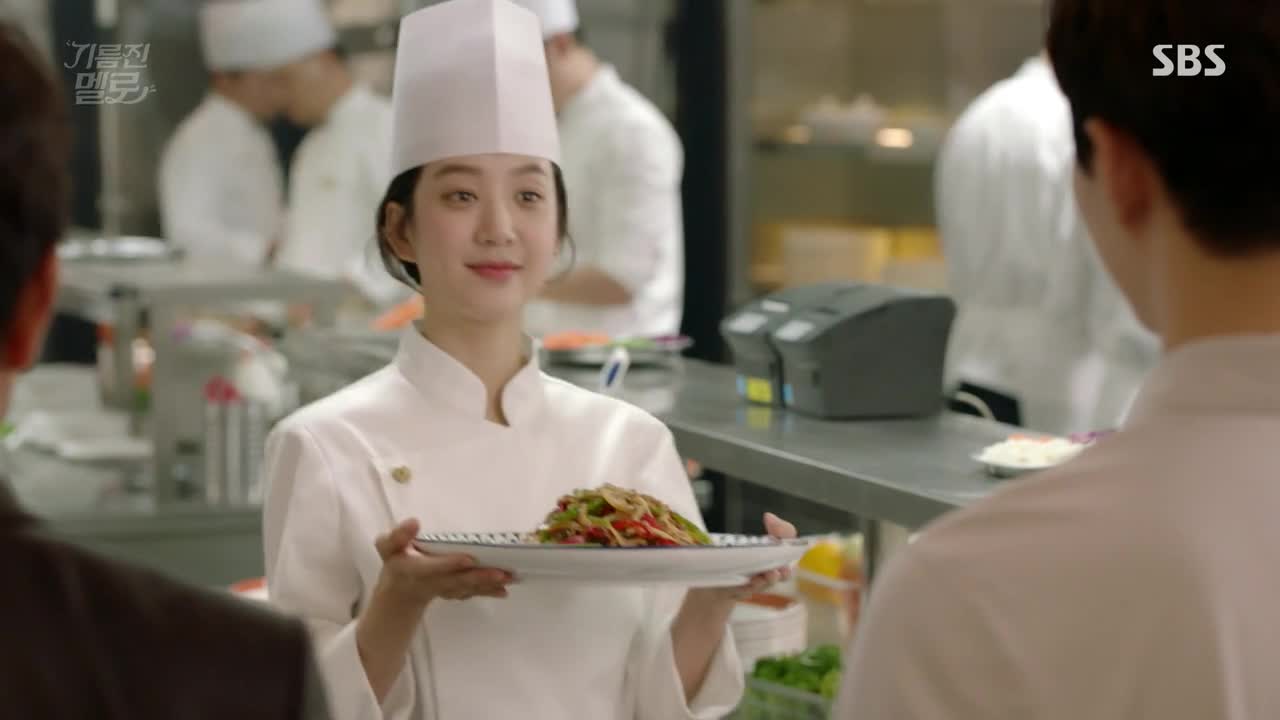
Greasy Melo
Faced with an adoring but paternalistic gangster who worshipped her and an often bad-tempered chef who demanded the same of her as he did everyone else, she chose the latter. Unlike her mother, a hothouse flower, Dan Sae-woo was a tree in search of an open space to grow. It’s no surprise she chose a man who demanded things of her rather than one who wanted to protect her. After all, she was more than capable of protecting herself.
One of the best scenes in this otherwise disappointing show was when her mother insisted she give up her new dream of being a chef because it was too difficult and she was only doing it to be near a man. Her mother, after all, is the potted plant this female lead ultimately refused to be.
“Gosh, you don’t know me at all,” responded Dan Sae-woo emphatically. Then she proved her mother wrong by thriving in the heat of the kitchen, despite a general consensus it was too difficult for a woman.
Overall, the portrayal of women in dramas this year may have seemed like the same progression of potted plant female leads, scheming second female leads and crazy mothers-in-law. But there were a significantly larger number of women with purpose and agency, and who were genuinely the hero of their own stories. This bodes well for next year’s dramatic fare. I personally can’t wait.

I’m Not a Robot



